10 Tips For Building An Interesting & Engaging Wargaming Campaign!
September 9, 2023 by brennon
Whether you're new to the world of wargaming or a seasoned veteran, setting up a wargaming campaign offers a unique and rewarding experience that's markedly different from one-off battles. A well-crafted campaign takes your wargames to the next level, immersing you in an evolving narrative where the stakes are high and the outcomes are unpredictable.
But how do you ensure that your campaign is not just a series of loosely connected battles but an engaging, memorable experience for everyone involved? We thought we'd have a look at some key ideas that seem foundational to making an excellent wargaming campaign.
A Compelling Narrative
An epic story can elevate your wargaming campaign into a grand saga. Don't just settle for repetitive battles—create a storyline or a series of interconnected scenarios that offer context and stakes to each fight. Dramatic elements like betrayals, surprise alliances, and unforeseen calamities can make your campaign feel like a vivid tapestry of triumphs, failures, and last-minute saves. Let the narrative inspire the mechanics and missions, turning each battle into a thrilling chapter in a larger story.
One element of building a narrative that seems well worth engaging with is the way in which you can involve your players in the story. It makes sense to have someone overseeing the overarching story that you're going to be playing through with a campaign but perhaps talk to your players about what they want from it. You could use this chance to introduce cooperative storytelling into the endeavour (like roleplaying games) and get some of your players to help craft the story around some of the nations in the game. This is especially great if you can make each of your players feel like they are striving for a goal that is personal to them.
Balance: Challenge And Accessibility
It's crucial to find a balance between making the campaign challenging and keeping it accessible to players of all skill levels. Too complex, and you risk alienating newcomers; too simple, and veterans may lose interest. Consider implementing handicaps or "difficulty sliders" for experienced players, or offer tutorials or simplified missions for new recruits. The goal is to make everyone feel engaged and competent, so they're eager to return for the next instalment.
Campaigns usually involve a lot of between-the-battle segments where you're plotting and tinkering with numbers and working out the best path to take when it comes to the next campaign turn. You could let veteran players simply go off and do this themselves, handing in their movements and decisions in a timely fashion. With newcomers, you could sit down with them and just give them a basic question. What do you want to do next? They can give you a basic overview of their decision and then you, as the one running the campaign, can plug in those decisions, getting past the mechanics barrier as it were. After a while, the newcomers will end up seeing others engaging with this aspect of the campaign and be able to do it themselves. It always helps to have a helping hand when you start out though.
Player Interaction!
Wargaming is a social activity at its core, and your campaign should embrace this aspect. Encourage alliances, rivalries, and diplomatic relations between players, even outside of the game sessions. These social dynamics can bring unexpected twists and deepen everyone's investment in the campaign. Sometimes the real game happens off the board, in whispered negotiations and secret pacts that can dramatically impact the outcome of battles.
This is easier than ever now. You could set up a Discord server where those in the campaign can chat amongst themselves, especially if you're taking part in a large world wide campaign conducted on the internet. Maybe you could even set up separate rooms on the server where people can go to negotiate and plot. Other players could see this happening and this then heightens the "what are they planning?" paranoia brewing beneath the surface in the group. If you don't want to do the digital thing, perhaps consider just going to the pub? Play out a weekend of campaign games and then make sure you set up at the pub afterwards where you can let your players dive into conversations about the campaign and in many cases, just mingle. You might find that a campaign and your players gel all the more as they get to know each other personally.
Variety: Scenarios And Objectives
Repetition is the death of engagement. Diversify the campaign by varying battle conditions, mission objectives, and terrain setups. Today's mission might be a siege, tomorrow's could involve reconnaissance and intelligence-gathering. By offering different types of missions, you give players the chance to adjust their strategies and bring different units and tactics into play, keeping the campaign fresh and unpredictable.
This seems the bread and butter of any campaign. No-one wants to play through the same missions over and over again when setting up for a weekend of gaming. One tip that might be worth consider is to look at the scenarios presented for your game by the publisher. In most cases, you've got at least six for you to choose from (handy when you're game might be running on a d6 system) so that's at least six games that are already planned out for you. Additionally, keep an eye on where moves have been made in the campaign and tailor missions to suit the players. If someone is fighting in the mountains then maybe set up a battle in a valley where the army has to push through and get to the other side. If they're outside the walls of a enemy city then it makes sense that the game would be, as mentioned above, a siege or perhaps a stealthy mini-game where a band of elite soldiers have to get inside the gates.
Celebrate The Visual Spectacle
Wargaming is as much about the hobby as it is about strategy. Take time to appreciate the craftsmanship that goes into the miniatures, terrain, and even the paint jobs. Consider awarding prizes or accolades for the best-painted army or the most cinematic moment in a battle. These visual elements enhance the immersion and provide additional avenues for players to express themselves and contribute to the campaign's ambiance.
A simple way to achieve this spectacle is to have a bloody gorgeous map. You could either use one of the many programs online to generate your map or perhaps club together to get an artist to help you design a map that suits your game. You could even contact the company behind the game to see if they'll help out by providing you with nice graphics to adorn a website or forum post (or perhaps just the wall of your store/club).
It could also be a good idea to engage with the hobby side of things amongst your players by awarding points for having painted miniatures. If you like, you could theme this to suit being "battle ready" for a particular week of fighting and give their troops an in-game morale boost for looking shiny and ready to go! It should mean that rather than facing a mish-mash of grey plastic and half-painted miniatures, you actually have games being played out with gorgeous forces.
On the terrain side of things, this is another opportunity for bonding. Get your group together in the run up to the campaign and all work together on painting terrain for your tabletops. Many hands make light work and you'll all benefit from this when you start gaming.
Embrace Rule Flexibility
Rules are the backbone of any wargame, but they shouldn't be so rigid that they hamper enjoyment. If a rule doesn't fit the narrative or creates an unfair advantage, consider tweaking it or adding house rules. Open dialogue about rule changes ensures everyone is on board and keeps gameplay fair and enjoyable.
You'll find that in the front of pretty much any wargaming rulebook, there is a paragraph explaining that this game is effectively yours now. That means you can do what the hell you like with it. If a particular rule doesn't suit the campaign then take it out. If something is making the repeated games very boring for a player, work with them to see what might work better to aid them. This flows nicely into the discussion we had above about scenarios. Don't be afraid to make your own scenarios or perhaps even swap game systems to play out games that suit the situations you're putting your players in. This is particularly easy with Historical wargaming as there are so many rules out there at different levels (skirmish to mass battle) that would help.
Momentum And Regular Updates
A long-running campaign can lose steam if players aren't kept in the loop. Use newsletters, social media, or even a dedicated website to post regular updates about the state of the campaign. Report on important events, spotlight standout performances, and preview upcoming battles to keep the excitement alive between game sessions.
This is another important aspect to consider when setting up your campaign. How long do you make it? If you run a campaign for a week then you risk players not being able to fit in games and it ends up with nothing especially exciting happening. Run a campaign for six months and most players will have dropped out after three. A sweet spot might be to go for that month long affair as we mentioned. Give your players time to prepare and then each week make sure that there is a definitive goal for players to hit and updates in the run up to game days.
If you're playing online, this is another great excuse to use something like Discord or Facebook Groups as they are very immediate and can often be set up to ping alerts to members as they come up. Whilst players will end up driving a lot of the dynamism, you need to be on hand as the person or people running the campaign. Make sure you're the one(s) who are there coming up with fun stories and updates that bring together the ideas that have been floating around amongst those playing the games.
Twists!
Spice up your campaign by throwing in unexpected elements that challenge players and disrupt established strategies. Whether it's the sudden appearance of a powerful new faction or a game-changing natural disaster, surprises can reinvigorate a campaign and keep players on their toes, adding a layer of unpredictability and excitement.
Everyone loves a twist, right? Running a campaign gives you the chance to do some rather epic things during the development of the story. These twists could happen in the middle of important battles. Perhaps a mighty demon is summoned into being by the actions of a third party and starts to cause havoc on the battlefield? Or, they could take part on the grand campaign map. Perhaps the actions of the players have caused that small crack in the planet's surface to expand and grow, tearing the map in half and forcing factions to fight on more fronts than they originally planned for!
Reward Participation
There is a reason that gamification works in video games. Offer in-game rewards for victories or extraordinary feats. These could range from powerful new units to special abilities that can be used in upcoming battles. You could also offer meta-rewards like badges or small trophies to honour exceptional contributions to the campaign, whether they be brilliant tactical manoeuvres or perfect paint jobs.
A list of achievements would be a great way for you to get your players engaged and excited about their next game. We've already mentioned benefits for having painted armies but it could be awesome to give players a list of global achievements that they're looking to unlock. That might be to simply play a couple of games each week. From there, you could start to look at introducing more faction specific achievements. To be exceptionally generic, you could give the Dwarven army the task of trying to hold their outer defences for a number of campaign turns. The Orc player might be tasked with raiding and razing x number of settlements. You can then get even more personal. Track the trials and tribulations of a faction and stoke some rivalries! Player A might now have a task of taking out Player B's mage who has been causing all sorts of hassle for their army over the course of the campaign.
Engage With Feedback
After each session, spend some time discussing what went well and what could be improved. This feedback is crucial for making adjustments that will enhance the overall experience. Open communication ensures that the campaign remains dynamic, responding to the needs and desires of the players as it evolves.
Doggedly continuing with a campaign if players have been complaining about a particular aspect of it is no fun for anyone. It doesn't help them and it makes your job harder. A campaign is a massive investment of time and money (especially in the modern day) and so it makes sense to get some feedback from your players and work together to fix elements that aren't working. This could be as simple as cutting down the games needed to be played each week or maybe extending the campaign by a week or two so that players can do what they want. There can be a tendency for people crafting something to be overly protective of their creations. You need to not be precious about that. Be reasonable of course, but don't be afraid to take feedback and work together to find solutions to problems.
A Final Word
These are by no means hard and fast rules but they should allow you start planning the basics of a campaign. Before we go, there is one last tip. The social contract. As mentioned, a campaign is a serious investment of time and if one or two players can't commit to that, it can ruin the experience for others. In a massive global campaign, this isn't really an issue as there will always be people playing and in their own little groups. For a smaller, more focused campaign, perhaps played in a local club or store, you really need to make sure that everyone involved is on the same page.
I've seen some clubs and stores ask players to pay to get involved and that might be an answer to the problem of people just dropping out. Ideally, you wouldn't want to do that though so perhaps make sure everyone has the same mindset before you begin. If this means you have to limit numbers, by all means do it. Life can throw cure balls at any time and that might mean that occasionally, your campaign might have hiccups. That's unavoidable. If this happens, work together as a group to find a solution.
If you're super serious about diving into the details of wargaming campaigns, try Henry Hyde's Book on the subject...
You also have to make your campaign matter. If the end result feels like it has no result on the overarching world and things to back to the status-quo afterwards, why did you run the campaign? A campaign in a Sci-Fi or Fantasy setting could have a real impact on the ongoing lore. A Historical one offers up an interesting what if? situation and could end up as a reference point for a future campaign.
A wargaming campaign is more than just a series of battles; it's a communal storytelling experience, a tactical challenge, and a visual spectacle all rolled into one. By focusing on narrative depth, balanced gameplay, social interaction, and variety, you can create a campaign that offers an unforgettable journey for everyone involved.
What tips do you have for running wargaming campaigns?
"Let the narrative inspire the mechanics and missions, turning each battle into a thrilling chapter in a larger story..."
Supported by (Turn Off)
Supported by (Turn Off)
"A wargaming campaign is more than just a series of battles; it's a communal storytelling experience..."
Supported by (Turn Off)









































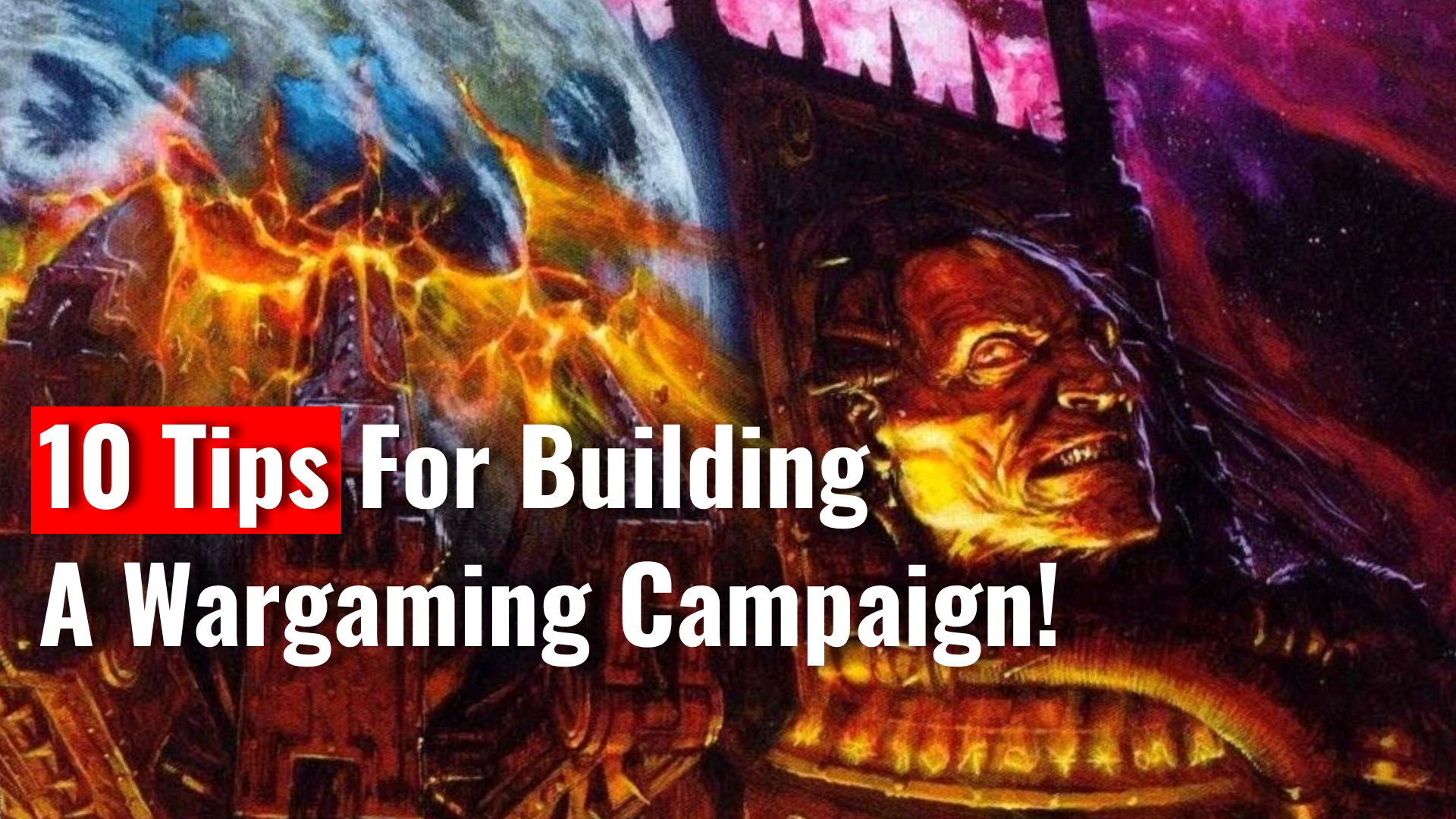
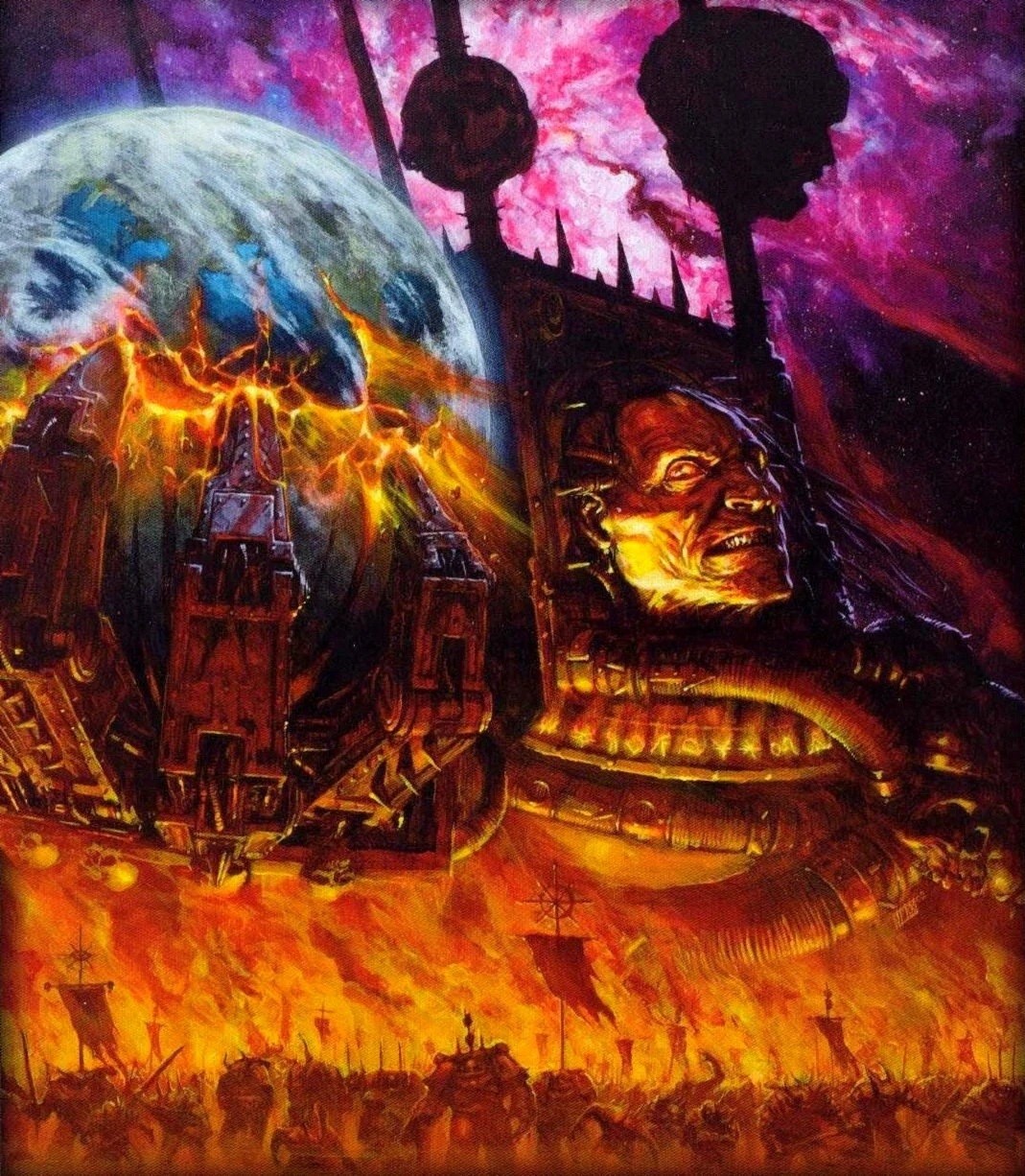
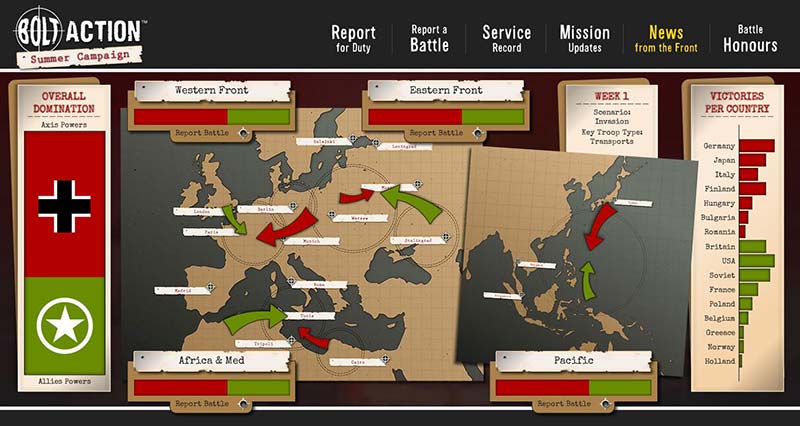
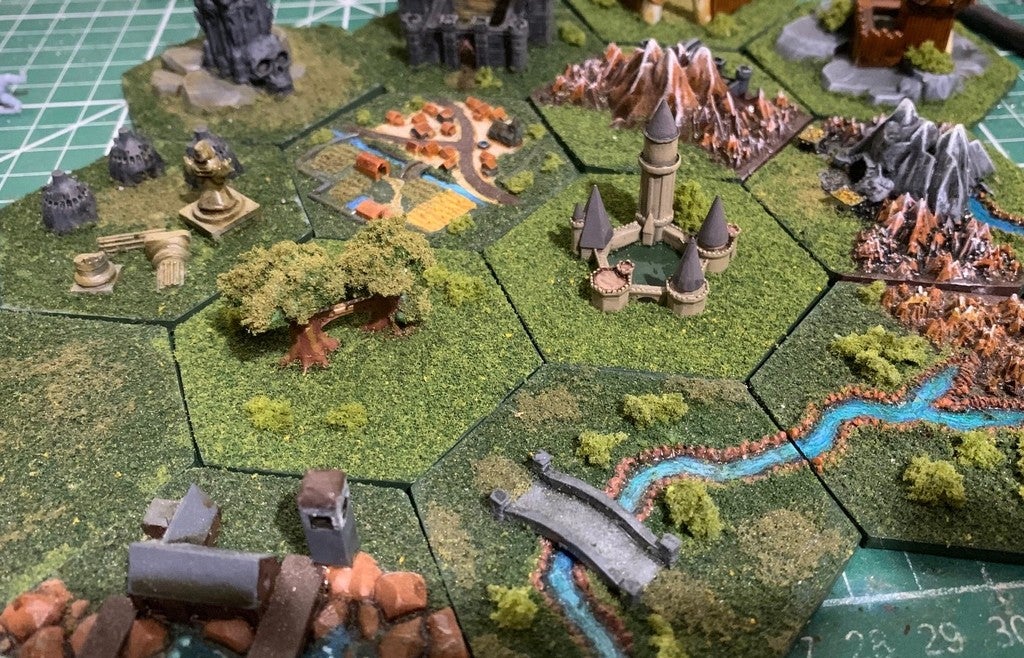

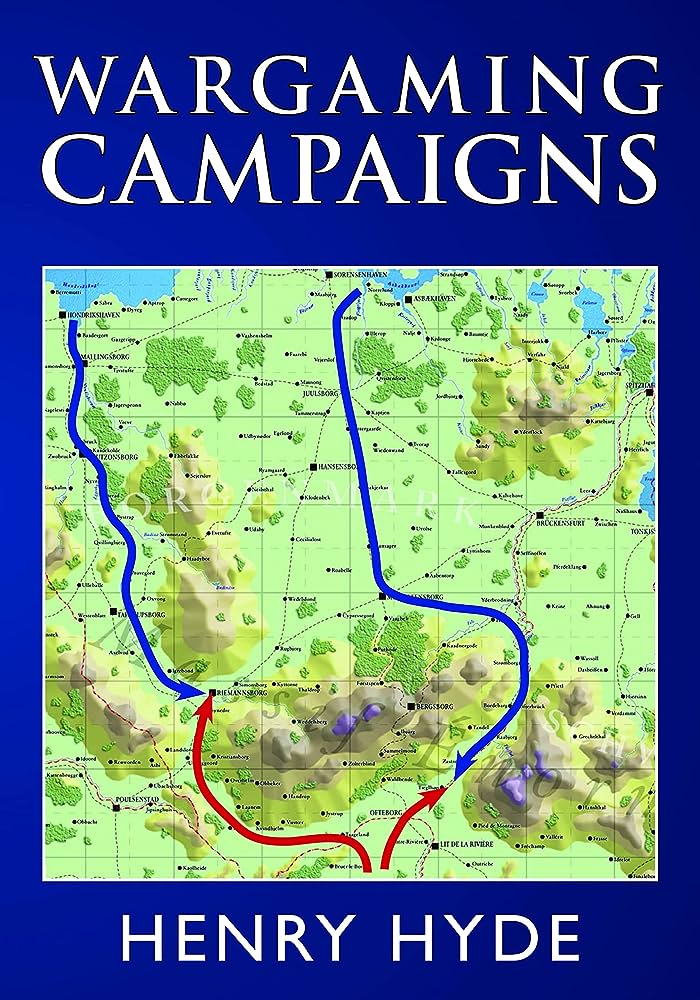

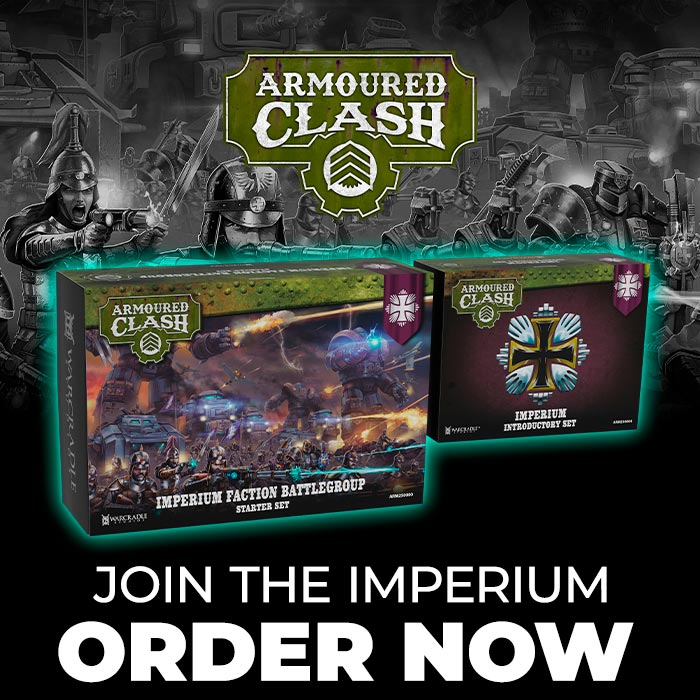


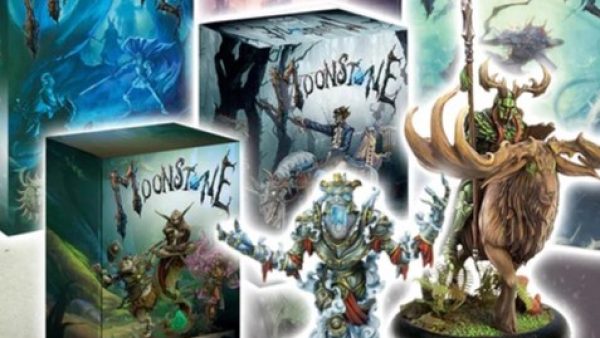
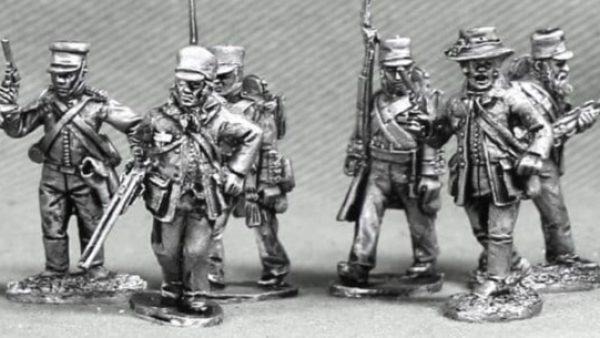

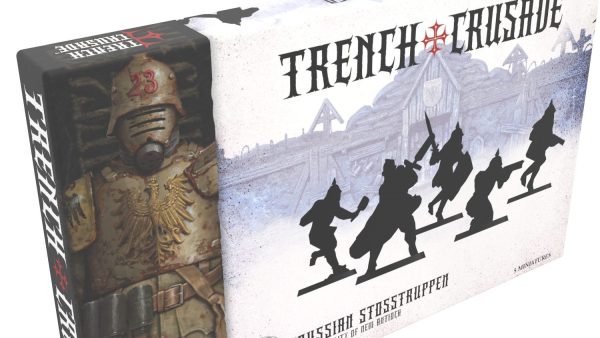
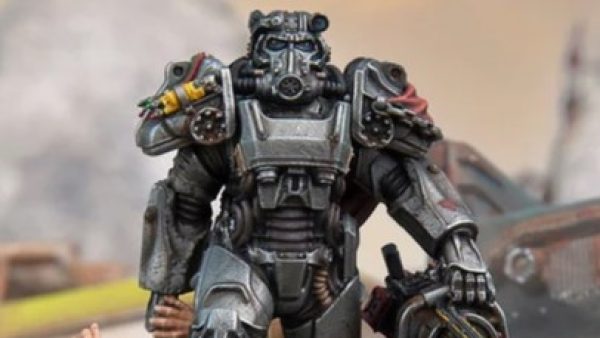

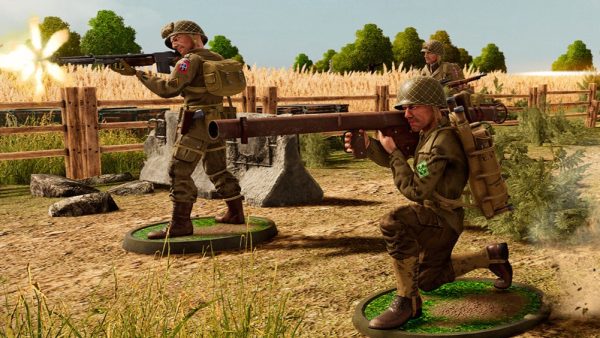

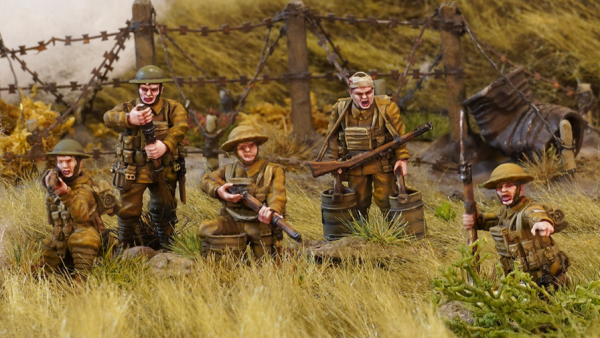



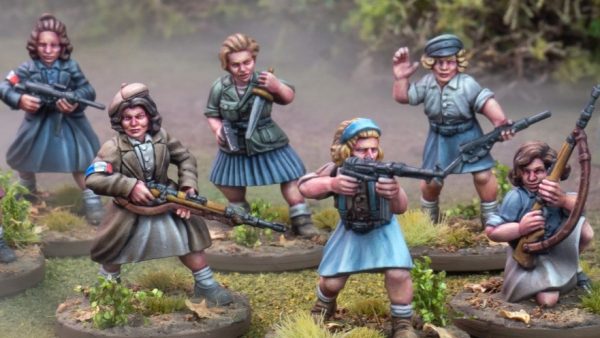
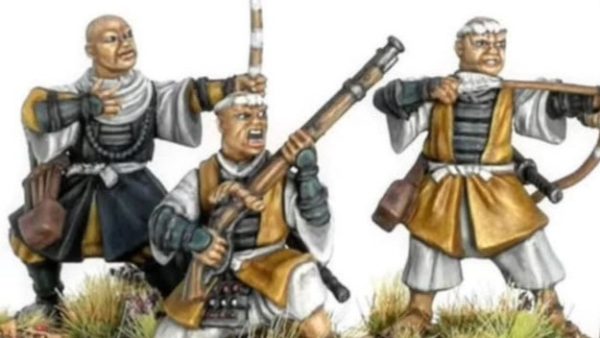
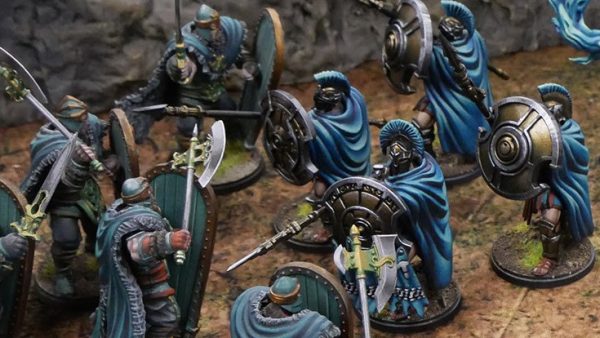

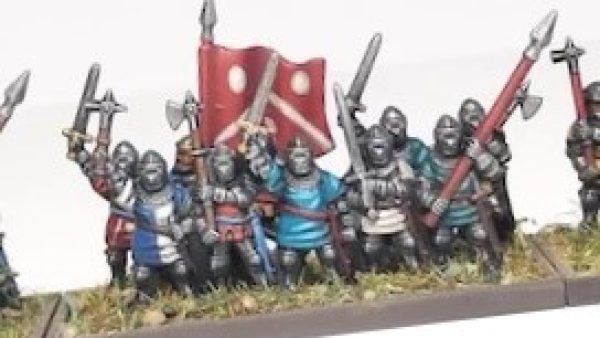

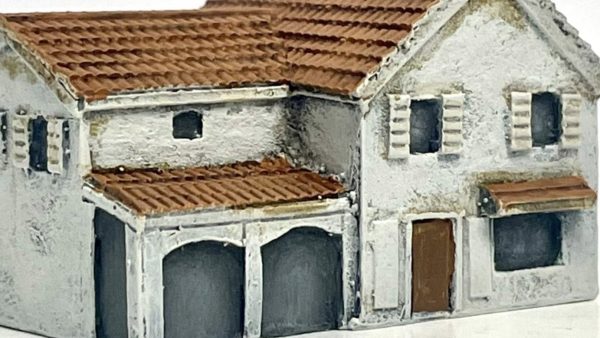

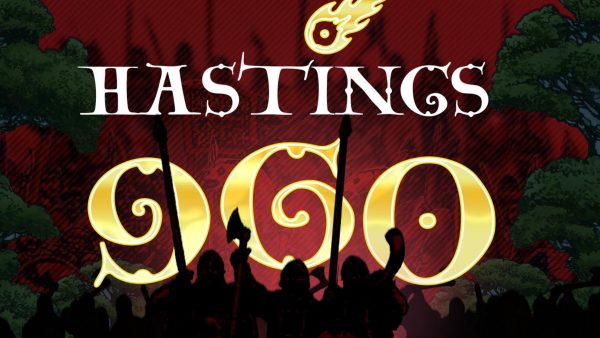

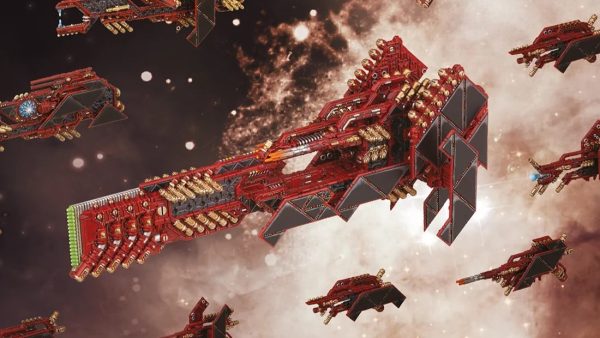
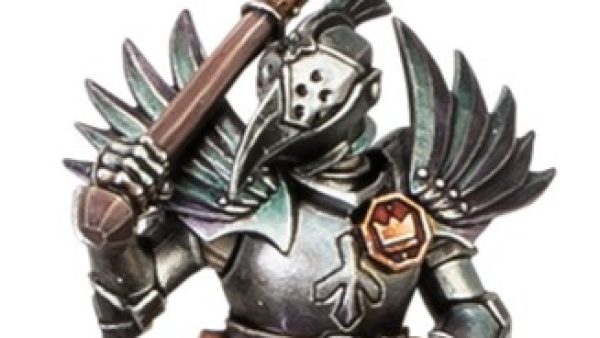

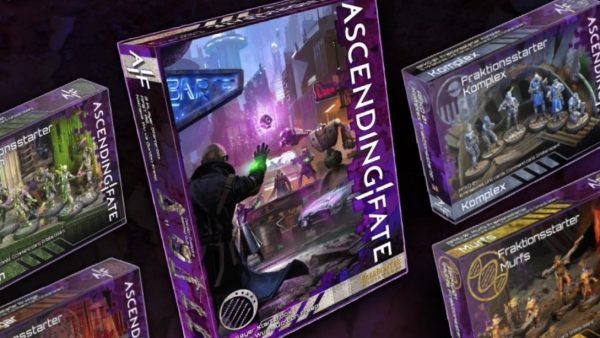


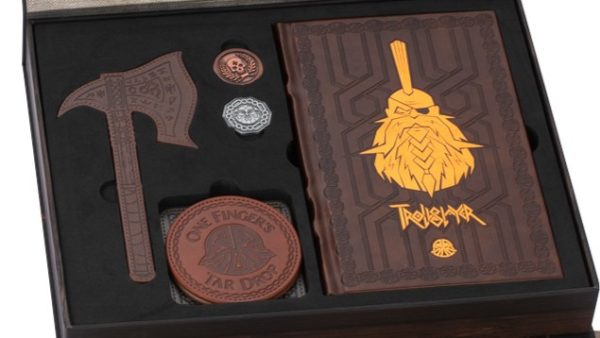

I really love these “Saturday Scribblings” please keep it up. Ask for a series of your own.
Cheers for reading 🙂
Well worth the read, thanks for taking the time to put this together!